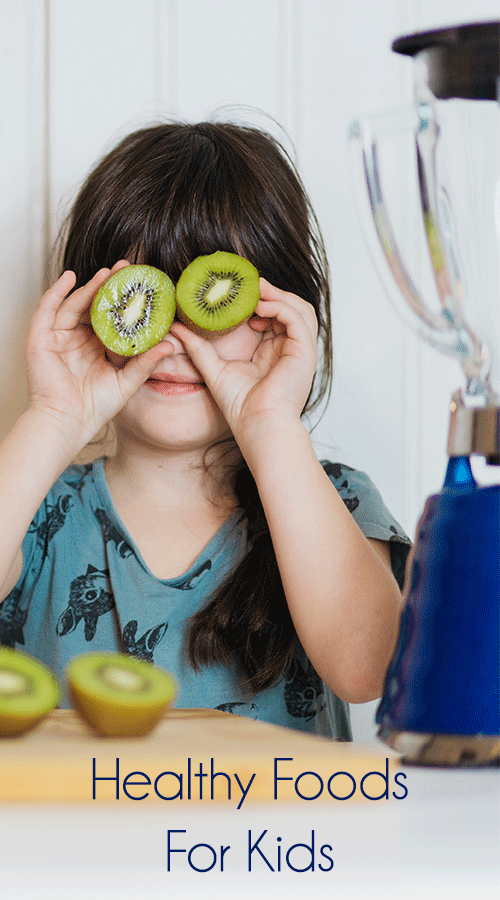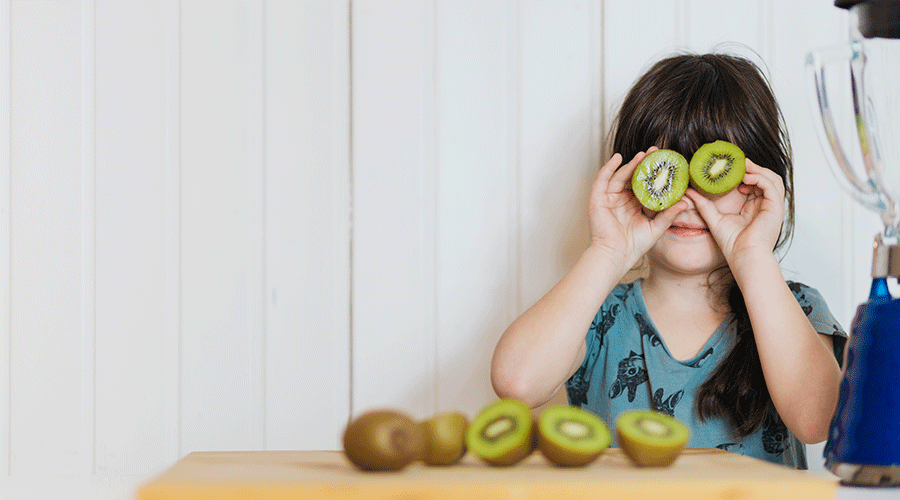As parents, we are constantly concerned for the well-being of our children. We try to please them by buying them the latest video games, driving them to their friend’s house and taking them to various amusement parks and on different outings. Apart from granting them the best lifestyle, parents should also give their children the best possible gift, which is health. Parents can increase the child’s possibility of growing up healthy by feeding them the correct foods.
So, which foods should your child consume and which should they avoid at all costs? According to Mommy Authority, your child might not award you the parent of the year with some of these food choices, but your child will be healthy and that is more important to you than anything.
 Your child needs protein
Your child needs protein
As a concerned parent, you will want to feed your child with foods that are rich in protein as these help with the brain development, healthy bones and growth. Health pundits have advised that children need to consume the 9 amino acids.
Foods that contain the 9 amino acids:
- Milk
- Eggs
- Fish
- Yogurt
- Lean meat
The aforementioned foods are crucial for growth. To be super healthy, your child should be consuming fish at least twice a week. One of the portions should be either a trout or salmon to add that oily variety. Beans are regarded as proteins that are not complete, therefore, they need to be consumed with the other amino acids to achieve optimal results.
Carbohydrates are important
You will have to include foods that contain carbohydrates to ensure your child has the best health. Children respond differently to carbohydrates and may feel full as it contains a lot of fiber.
Parents should feed their child pasta or whole grain foods to determine how the child will react. You can also opt for seeds and whole nuts as these are a great source of fiber, but make sure to supervise your child during consumption as choking is a risk.
Dairy foods
Your kids will love you for feeding them dairy foods, which include cheese, milk and yogurt. By consuming these dairy foods, your child will receive calcium that is easy to absorb, not to mention get all the proteins and vitamins A and B12.
If your child is under the age of 2, you should give them full-fat milk as this is vital for growth. Otherwise, if your child is older, you can give them semi-skimmed milk or low-fat milk. Do not let the name low-fat deceive you as this type of milk contains the equivalent calcium of full-fat milk.
In order to develop strong teeth and bones, children need to consume calcium. Instead of choosing the processed yogurts, which contain a lot of sugar, opt for the natural yogurt.
Fruits and vegetables
The experts have advised that your child should be receiving at least five portions of fruit and vegetables a week. The portions should depend on how much your child is able to consume but in this case, more is better.
You can add sweet potato to a beef stew, which most children enjoy. In bolognese, you can add more vegetables than meat. For the fruit option, your child will enjoy frozen fruit sticks.
- Avocado – contains a tremendous amount of monounsaturated fats. This type of fat is considered to be the good kind and experts have stated that 20 to 35% of calories originate from fats.
- Hummus – this fantastic spread, which originates from the Middle East, can be consumed with carrots, pita bread or peppers.
Smoothies
Yes, you read that correctly. Your kids will love you for treating them with this healthy option. A smoothie is a blended juice that is made of raw fruits, vegetables and dairy products. A smoothie can also be just pure juice without any dairy product.
When giving your children smoothies, make sure you use nonfat yogurt. The nice things about a smoothie is that you can serve it any time of the day. Depending on your preference, you can make the smoothie thick or thin. Frozen fruit is able to produce thicker smoothies.


















